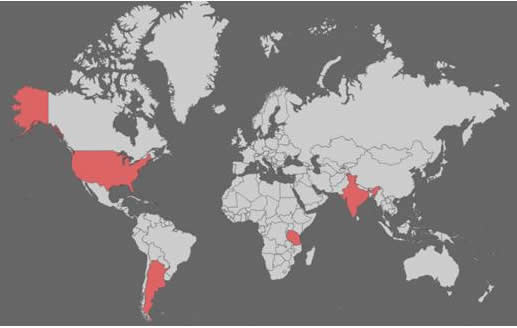Srini's research
The theoretical questions I investigate fall into two broad streams of research. The first stream of research germinates from the theoretical notion of consumer-entrepreneur duality, which I advance in my dissertation. Over a billion entrepreneurs worldwide run micro-enterprises to meet their consumption needs. This pervasive phenomenon presents an interesting theoretical conundrum, that of consumer-entrepreneur duality. A key import of this duality is that factors in the consumption domain can impact important outcomes in the entrepreneurial domain and vice versa. Several of my research projects unravel the implications of the consumer-entrepreneur duality and test them empirically.
A second stream of research examines how marketing organizations from the institutional context of the formal economy enter and gain legitimacy within informal, subsistence marketplaces. Subsistence marketplaces are governed by norms, values and beliefs, which are self-evolved within low-income communities, and are often in conflict with the norms, values and beliefs of external, formal market institutions. In addition, there is a great deal of diversity in these norms, values and beliefs across subsistence contexts. Projects in this stream of research examine strategies firms could adopt to achieve enhanced business outcomes.
My substantive interests lie in the area of global poverty and subsistence marketplaces. Consequently, I use subsistence marketplaces as the empirical context for testing my theoretically driven hypotheses. I tend to undertake projects that have both theoretical significance and practical relevance.
What is the nexus between marketing, entrepreneurship and subsistence?
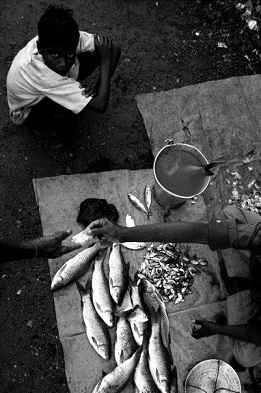 |
Picture a migrant labourer buying lunch from a roadside food hawker in urban Chennai or a Masai woman bartering goats for warm clothes in a village market in Tanzania. Marketplace exchange, in all its different manifestations, occupies a central place in the lives of poor consumers. Market, and indeed marketing, mediates the subjective experience of poverty and its outcomes. To exemplify, poverty is entwined with the obesity problem in the US. In India, however, poverty is inextricably linked to stunted growth. These outcomes are mediated by the characteristics of the local markets and marketing enterprises. This key idea animates my research enterprise. Specifically, I study the market creating and sustaining activities of entrepreneurs in contexts of poverty. This includes two types of actors: those who a) originate within contexts of poverty and b) originate outside but operate in contexts of poverty. |
Geographies
Emergence and sustenance of entrepreneurial action in subsistence marketplaces is deeply influenced by factors that vary across geographies. The complex concatenation of socio-political, cultural and environmental factors determines both the subjective experience of poverty as well as the agentic response to poverty. My examination of entrepreneurial action in poverty spans 4 countries across 4 continents. These countries include India, Tanzania, United States and Argentina. My research investigates both commonalities as well as differences in entrepreneurship across these contexts of poverty.
Pictures
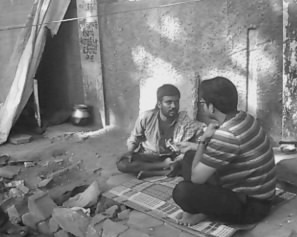 |
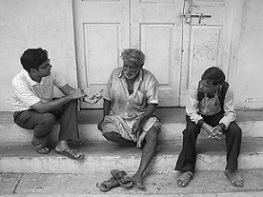 |
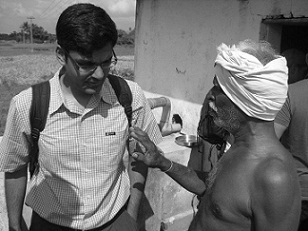 |
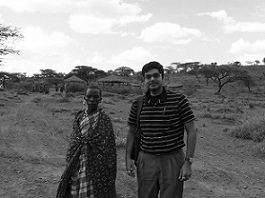 |

